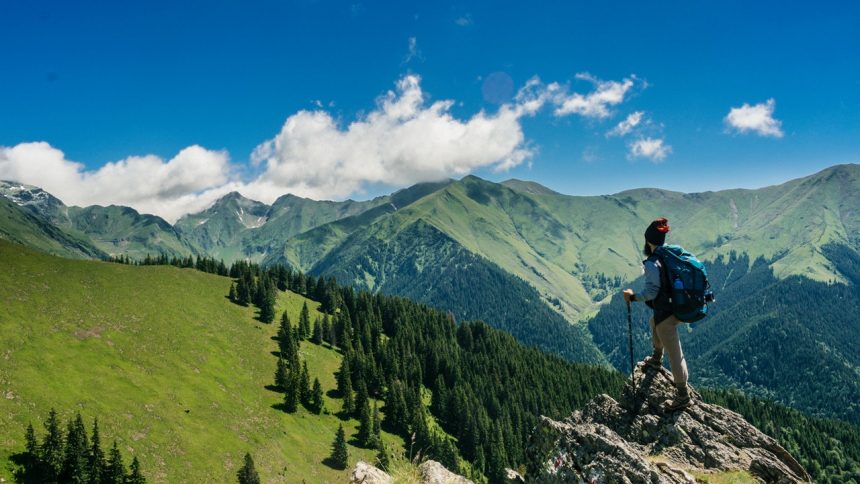Bushwalking – also called hiking or trekking – can be an almost spiritual experience but it still carries a lot of risks, even life-threatening ones. Because no matter how much experience you have hiking on even the most difficult trails, things can happen unexpectedly. Which is why you should be as prepared as possible before setting out on your hiking trip.
Choose the Trail to Suit Your Fitness and Experience Level
If you are going hiking for the first time, then you should choose trails that are easy and short. You should be tired by the end of a bushwalk – not exhausted and ready to collapse.
As you grow more fit or gain more experience, you can choose more difficult trails, however, do so slowly. Take the time to gain experience before you hit the really dangerous trails.
Try Not to Go Alone
It is not a good idea to go bushwalking all alone, especially if you’re going into the bush or even farther into the Outback. Try to get a friend along, or tie up with a hiking group. There is safety in numbers.
Share Your Plans with Someone at Home
If you’re planning a bushwalk, make a detailed itinerary and share it with someone at home. This plan should include details like your starting point, ending point, stops along the way, estimated time for the hike, and who you’re going with.
If you’re planning a hike in a national reserve or park, ensure that you inform the officials of your plans.
Have an Emergency Plan
A key part of planning a hike is having an emergency plan in place. In case there is accident or you get injured, then you should know what you need to do, how you can contact someone, or even send for help.
Check if there is a reliable cell phone network in the area. If not, then you need to think of other options such as personal locator beacons, or satellite messaging devices.
If you are unable to transmit messages, then you need to decide who will go looking for help.
Prepare for the Weather
Checking out the weather forecast just before you leave is not enough when you are planning to go to a remote location for a bushwalk. You need ask the locals or consult the trail organisers about what kind of weather to expect that this time of the year and what you should prepare for.
Remember, even a small change in weather can endanger your life, so be prepared.
Essentials that You Must Carry on Your Bushwalk
Here is a list of items that you must carry with you on your hike:
- A hiking first aid kit
- Navigation tools such as a compass, a map and a GPS
- Protection from the weather – sun screen, hats, sunglasses, raincoats, etc.
- Tools for a fire – matches, lighters, etc.
- Light – a torch or a lantern
- Rations – You should always carry extra food
- Hydration kit – water or at least a water purification kit
- Shelter – a tent, tarp, space blanket, etc.
